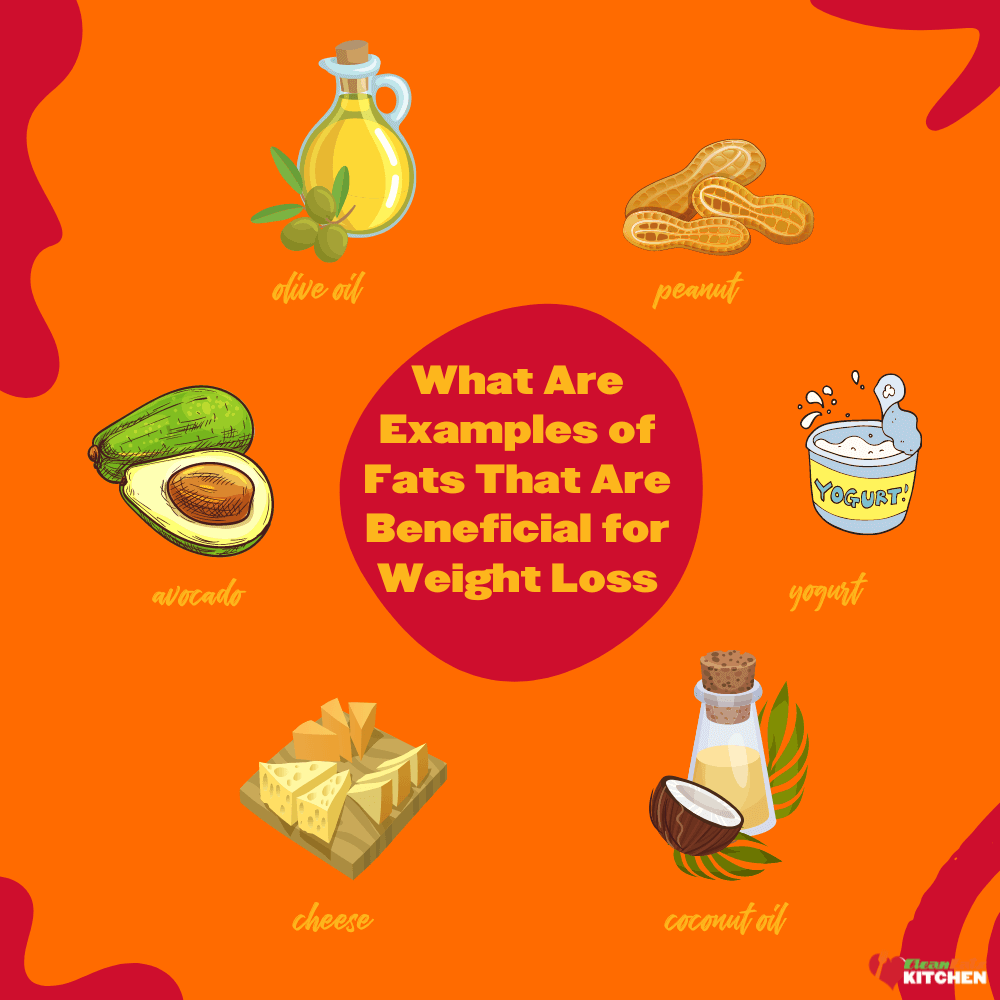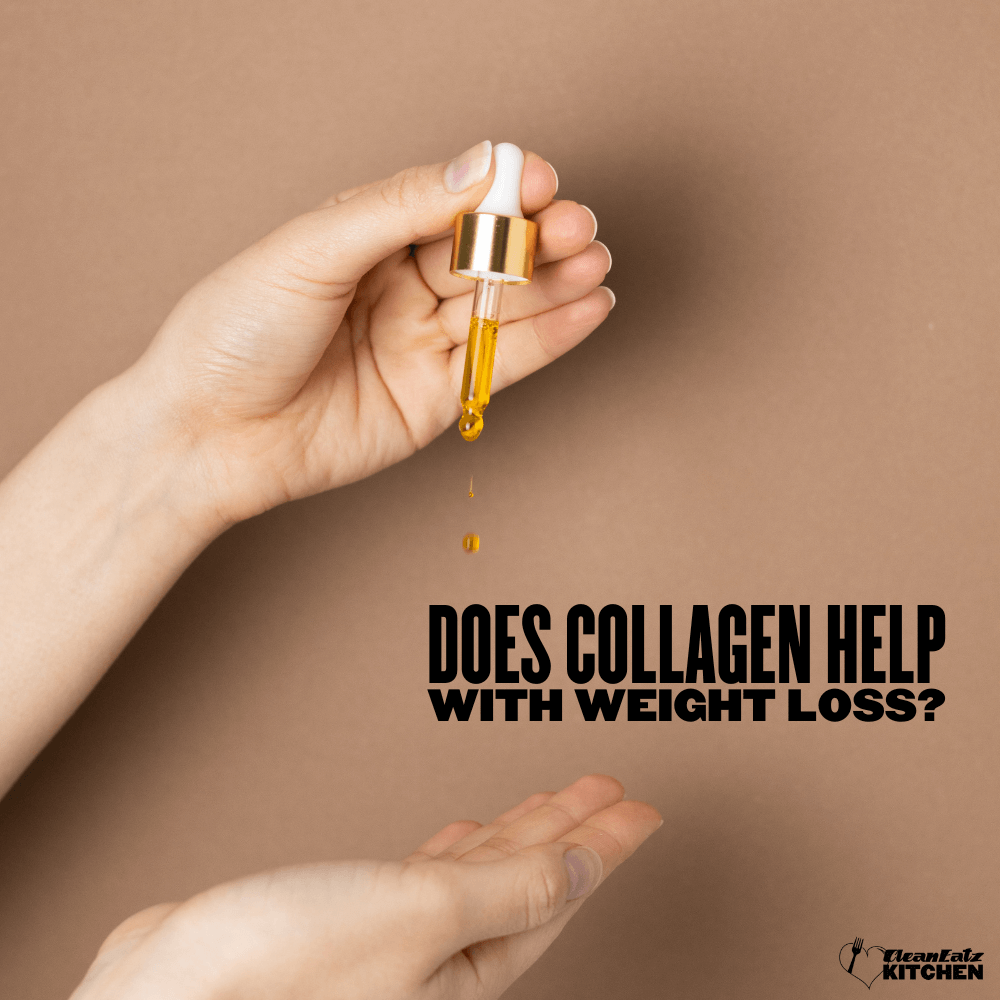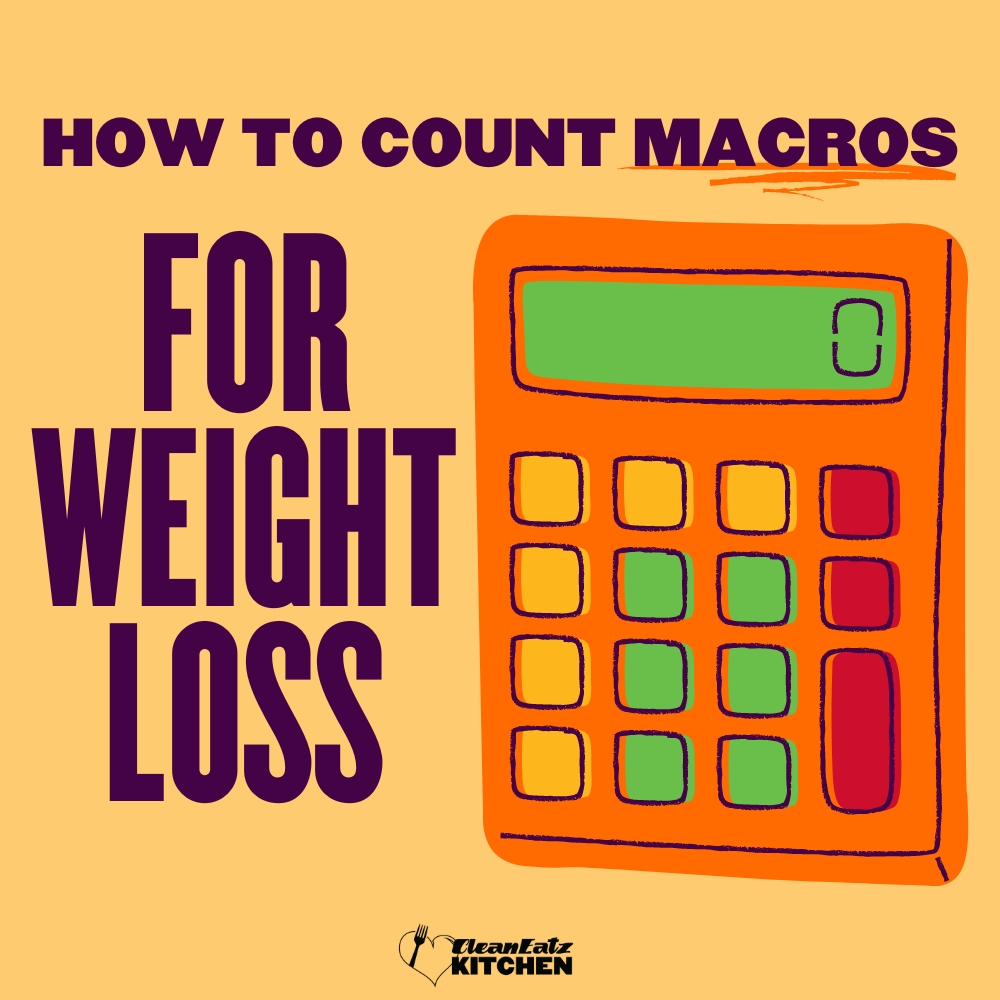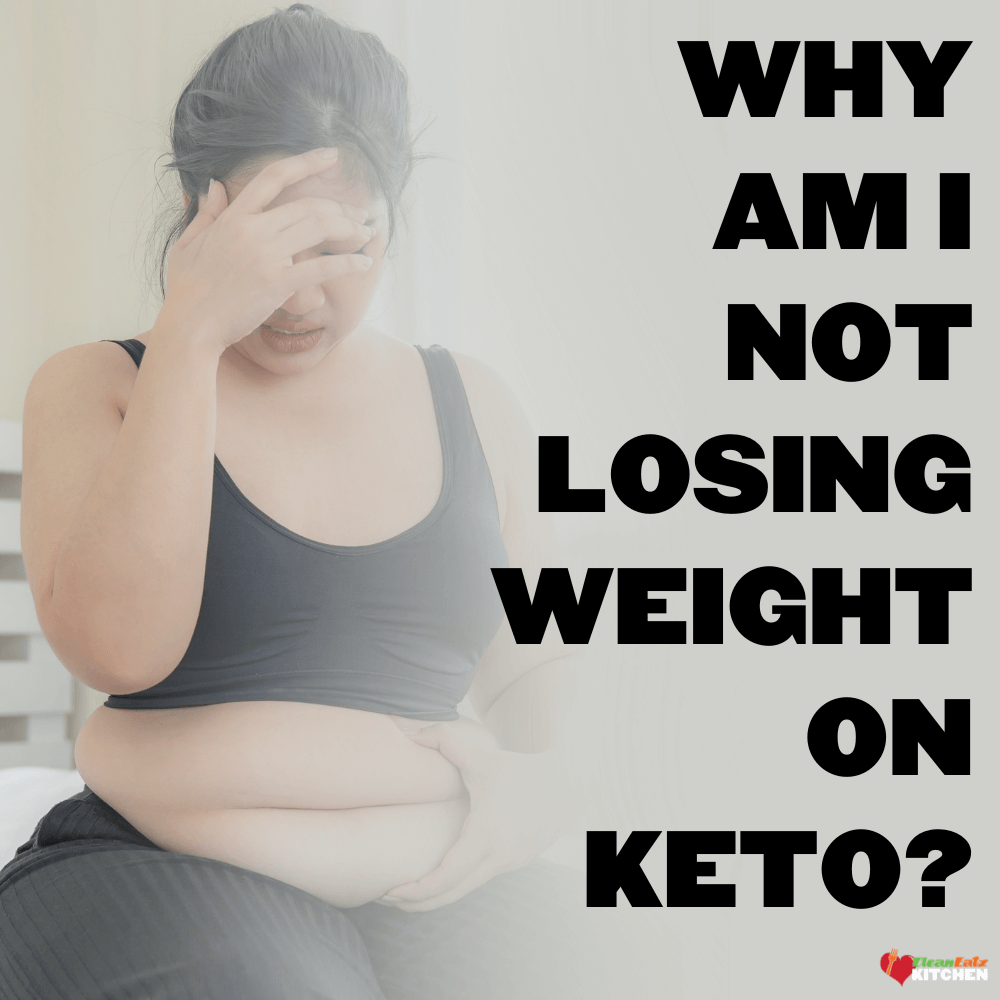
What Are Examples of Healthy Fats for Weight Loss?
Diana Ketchen
Nutrition
|
Weight Loss
8 minute read
When many individuals consider fat, they often associate it with unhealthy food choices that contribute to weight gain. Nevertheless, it's important to note that there are certain types of healthy fats for weight loss. When aiming for weight loss, it's crucial to focus on consuming a balanced diet that includes healthy fats in moderation, along with a variety of other nutrient-rich foods.
If you're looking for a way to shed those unwanted pounds, read on! In this blog post, we'll discuss:
- Types of healthy food
- List of healthy fats for weight loss
List of Healthy Fats for Weight Loss
Healthy fats can actually play a crucial role in supporting your weight loss goals and overall well-being. Incorporating healthy fats for weight loss into your diet can be a game-changer. By including these healthy fats in moderation as part of a weight loss meal delivery plan, you can enhance your journey while still enjoying delicious and nourishing foods.
Omega-3 Fatty Acids
If you want to lose weight, you might consider adding more omega-3 fatty acids to your diet. These healthy fats have been shown to help burn fat, promote healthy metabolism, and even reduce inflammation.
One way to get more omega-3s is to eat fatty fish like salmon or tuna. You can also find omega-3 supplements at most health food stores. So if you want to lose weight, Omega-3s could be just what you need.
Monounsaturated Fats
Monounsaturated fats are a type of fat found in certain oils and foods. Unlike saturated fats, monounsaturated fats are beneficial for health. For example, they help reduce inflammation and control blood sugar levels, which are essential for weight loss.
In addition, monounsaturated fats help to reduce the risk of heart disease and stroke. Regarding weight loss, monounsaturated fats are a better choice than saturated fats because they provide health benefits while also helping to reduce the amount of fat stored in the body.
However, it is still important to eat monounsaturated fats in moderation because they can cause weight gain if consumed in large amounts.
Polyunsaturated Fats
Polyunsaturated Fats are another type of good fats for weight loss. When it comes to weight loss, there are a lot of different diet and exercise plans out there. But one area often overlooked is the type of fat you consume. While all fats contain nine calories per gram, polyunsaturated fats are unique in that they can help to increase satiety and promote weight loss.
Unlike saturated fats, which tend to be stored in the body, polyunsaturated fats are used for energy. This means that they are less likely to be stored as fat. In addition, polyunsaturated fats help to slow down the absorption of other nutrients, keeping you feeling full for longer.
As a result, including polyunsaturated fats in your diet can be an effective way to manage your weight.
Trans Fats (AVOID)
Trans fats are definitely something to avoid if you want to maintain a healthy weight. Also known as "partially hydrogenated oils," trans fats are commonly found in processed foods like margarine, crackers, and fried foods.
Unlike other fats, trans fats are not essential for human health, and consuming them has been linked to various health problems, including obesity, heart disease, and diabetes.
In fact, the FDA issued a ban on trans fats in 2015, requiring food manufacturers to eliminate them from their products by 2018.
7 Nutrient-Packed Healthy Fat Foods
When it comes to weight loss, there are a lot of myths and misconceptions out there. For example, many people believe that eating fat will make you fat. But the truth is, healthy fats are an essential part of any diet. Not only do they help to keep you full and satisfied, but they also play a role in boosting metabolism and preventing cravings. In addition, research has shown that people who include healthy fats in their diet are more likely to lose weight and keep it off in the long term.
So, which fatty foods are considered healthy fats for weight loss that should you be incorporating into your diet?
Full-Fat Yogurt
Full-fat yogurt is an excellent source of protein and calcium. It also contains conjugated linoleic acid (CLA), a type of fat that has been shown to help reduce body fat and increase lean muscle mass. CLA is also known for its anti-inflammatory properties, making it an ideal food for people who suffer from conditions like arthritis.
Fatty Fish
Fatty fish like salmon and tuna are loaded with heart-healthy omega-3 fatty acids. These nutrients have been shown to protect against heart disease by reducing inflammation and lowering blood pressure. In addition, omega-3 fatty acids can also improve cognitive function and reduce the risk of age-related cognitive decline.
Dark Chocolate
Who doesn't love dark chocolate? Luckily, this delicious treat can actually be good for you! Dark chocolate contains antioxidants and flavonoids, which can help improve blood flow and lower cholesterol levels. Just be sure to choose dark chocolate with a cocoa content of 70% or higher to get the most benefits.
Avocados
Avocados are rich in monounsaturated fats, which have been shown to improve heart health by reducing bad cholesterol levels and inflammation. They're also a great source of fiber, vitamins, and minerals like potassium—which can help lower blood pressure levels.
Nuts
Nuts like almonds and walnuts are another excellent source of monounsaturated fats. They're also high in fiber and plant proteins, making them heart-healthy snacks that will keep you feeling satisfied between meals. In addition to their cardiovascular benefits, nuts have also been linked to a reduced risk of cognitive decline and Alzheimer's disease.
Whole Eggs
Whole eggs have gotten a bad rap in the past due to their high cholesterol content, but new research has shown that dietary cholesterol doesn't actually have much impact on blood cholesterol levels. Eggs are quite nutritious—they're a good source of protein, vitamins, and minerals like selenium. Plus, the fat in whole eggs can help keep you feeling fuller longer.
Cheese
Cheese is another food often demonized due to its high saturated fat content, but studies have shown that cheese may not be as harmful as once thought. In fact, some types of cheese may even offer some health benefits. For example, gouda cheese contains probiotics —live bacteria that can improve gut health — while cheddar cheese is rich in vitamin K2, which has been linked to a reduced risk of heart disease.
Final Thoughts
In conclusion, incorporating healthy fats for weight loss is a smart approach to achieving your weight loss goals while enjoying delicious and nutritious foods. By understanding the importance of omega-3 fatty acids, monounsaturated fats, and polyunsaturated fats, you can make informed choices to support your weight loss journey. These fats offer various health benefits, including reducing inflammation, promoting heart health, and increasing satiety. Avoid trans fats found in processed foods and focus on incorporating nutrient-packed foods like yogurt, fatty fish, dark chocolate, avocados, nuts, eggs, and cheese. Embrace the good fats for weight loss in moderation for a healthier lifestyle.
FAQ
What percent of food should be fats for weight loss?
The recommended percentage of fats in a weight loss diet varies depending on individual needs and goals. Generally, it is recommended to consume around 20-35% of your total daily calories from fats. However, it is important to focus on consuming healthy fats, such as those found in avocados, nuts, seeds, and oily fish, while limiting unhealthy fats from processed and fried foods.
How to calculate body fat percentage loss for weight loss?
Body fat percentage loss is typically calculated by using various methods such as skinfold measurements, bioelectrical impedance analysis, or DEXA scans. These methods provide an estimate of the proportion of your body weight that comes from fat. However, it is best to consult with a healthcare professional or a certified fitness expert who can accurately assess and guide you in tracking your body fat percentage during your weight loss journey. Is it better to eat fat or carbs?
Is it better to eat fat or carbs?
Both fats and carbs play important roles in a balanced diet, and the optimal ratio depends on individual factors and goals. It is essential to focus on consuming healthy sources of both fats and carbs. Healthy fats, such as avocados, nuts, and olive oil, provide essential nutrients and promote satiety. On the other hand, complex carbohydrates found in whole grains, fruits, and vegetables provide energy and fiber. It is recommended to find a balance that works for you, considering your overall calorie intake, activity level, and individual preferences.
What happens if you cut all fat?
Cutting out all fat from your diet is not advisable as fats are essential for various bodily functions. Fat plays a role in nutrient absorption, hormone production, and insulation for organs. Additionally, dietary fat provides a sense of satiety, which can help control appetite. However, it is important to choose healthy fats in moderation and avoid excessive consumption of unhealthy fats. A balanced diet that includes the right types and amounts of fats is crucial for overall health and well-being.
Related Articles
The Effectiveness of Collagen for Weight Loss
7 minute read
How to Count Macros for Weight Loss
7 minute read
Why Am I Not Losing Weight on Keto?
8 minute read



